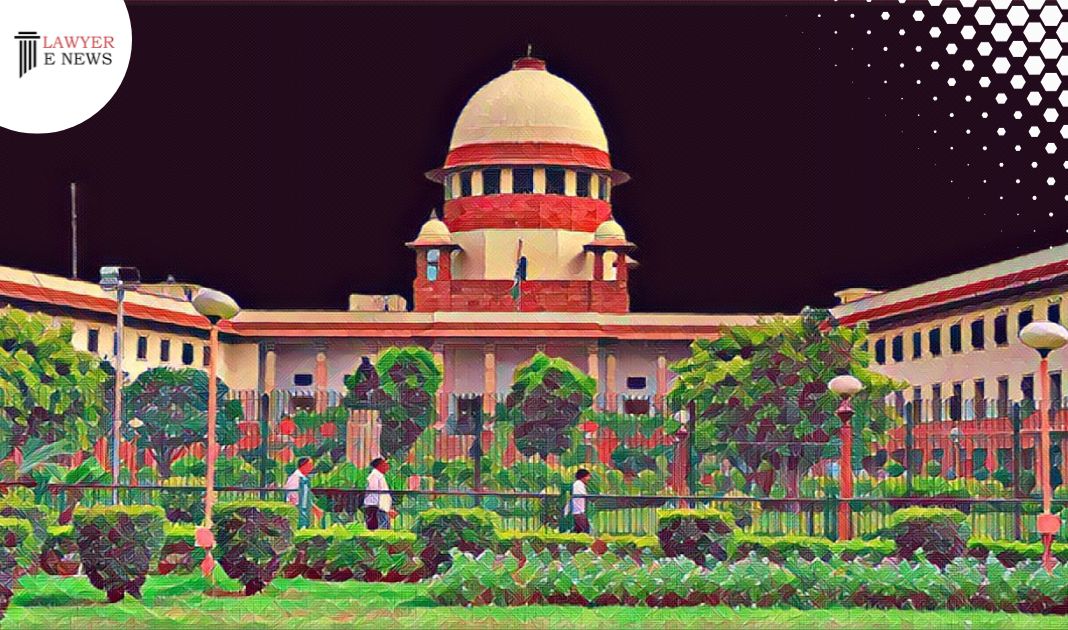-
by Admin
15 February 2026 5:35 AM



In a significant ruling, the Supreme Court of India clarified the classification of talcum powder (Nycil) containing medicinal ingredients for taxation purposes. A bench comprising Justices S. Ravindra Bhat and Dipankar Datta pronounced the judgment, affirming that such products should be treated as "cosmetics" rather than "medicaments" under the applicable tax laws.
The court examined two separate cases from Kerala and Tamil Nadu, where the classification of talcum powder came under scrutiny. The central issue revolved around whether talcum powder with medicinal ingredients should be considered a cosmetic or a medicament for the purpose of taxation. The judgment provided crucial clarity on the matter, outlining the legislative intent behind the relevant entries and interpreting the provisions of the law.
Referring to the first case from Kerala, the court emphasized the importance of giving words used in statutes their plain meaning. It pointed out that the entry in question clearly indicated that talcum powders containing medications, irrespective of the proportion, should be treated as cosmetics falling under a specific category. The court cited the principle of strict interpretation in construing taxing statutes and concluded that the legislative intent ruled out any scope for classifying such talcum powders as medicinal preparations or drugs.
Moving on to the second case from Tamil Nadu, the court highlighted the legislative history of the entry and an amendment made in 1994. It noted that the explanation added to the entry explicitly included medicated talcum powder, regardless of whether it was manufactured under a license issued under the Drugs and Cosmetics Act. The court referred to previous judgments to support its interpretation of explanations as tools to widen the meaning of terms and clear up any ambiguity in the main provision. In this case, the court concluded that the plain meaning of the taxation head or entry had to be given, as there was no ambiguity, justifying the findings recorded by the High Courts.
Date: May 4, 2023
HEINZ INDIA LIMITED VS THE STATE OF KERELA
